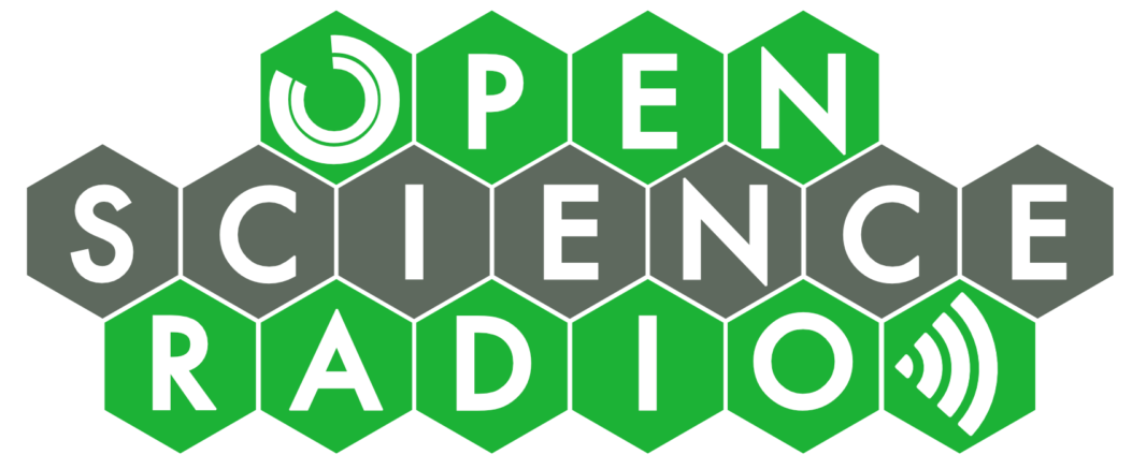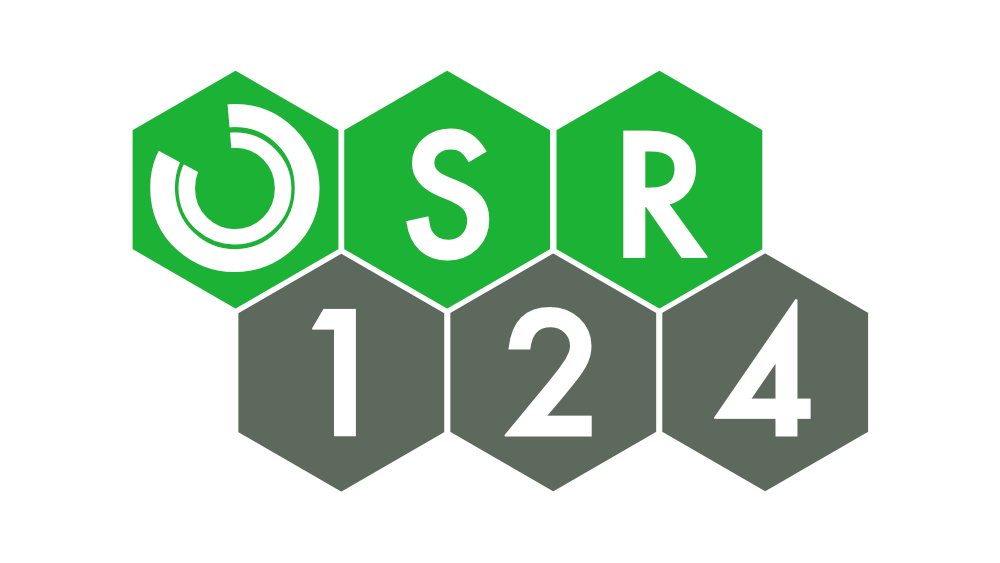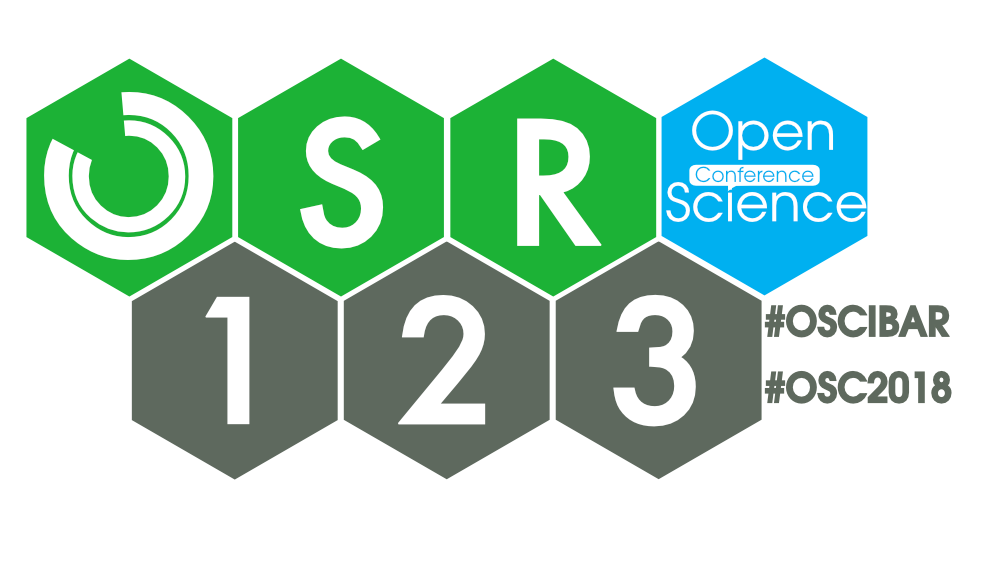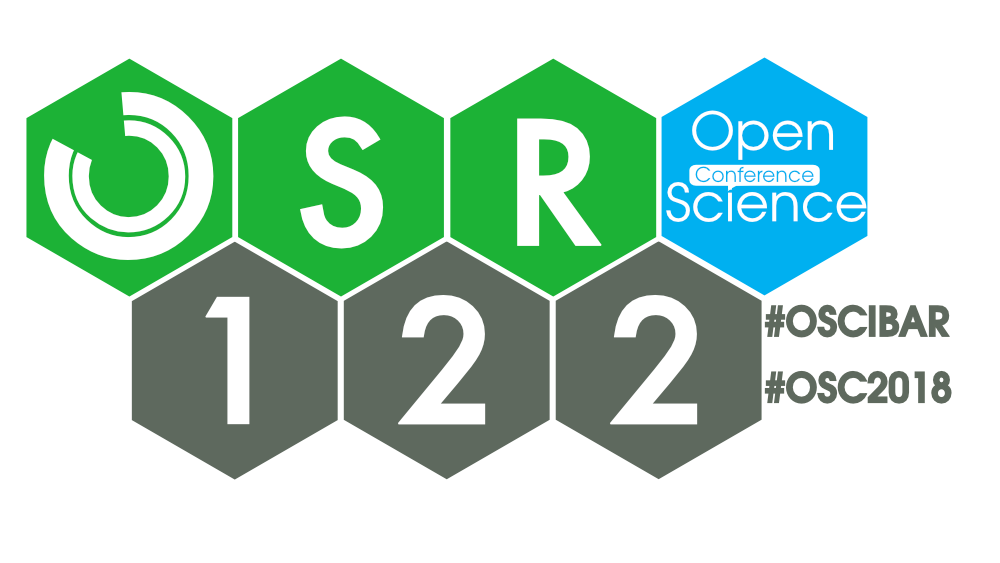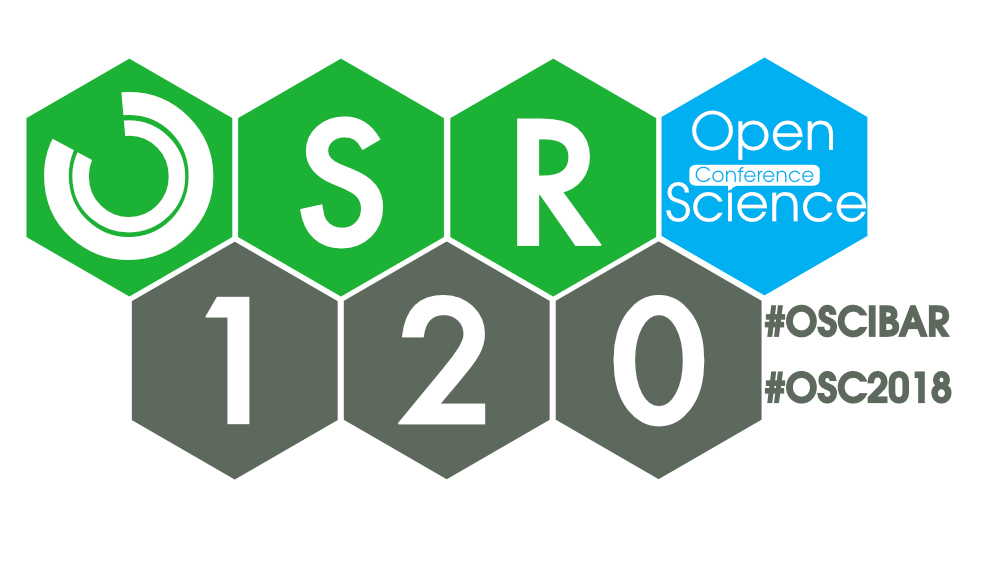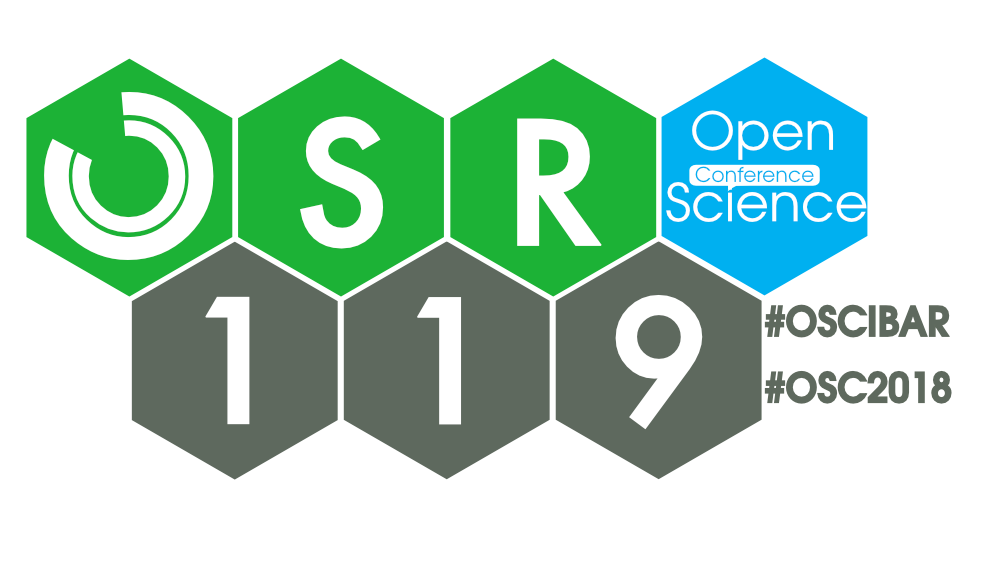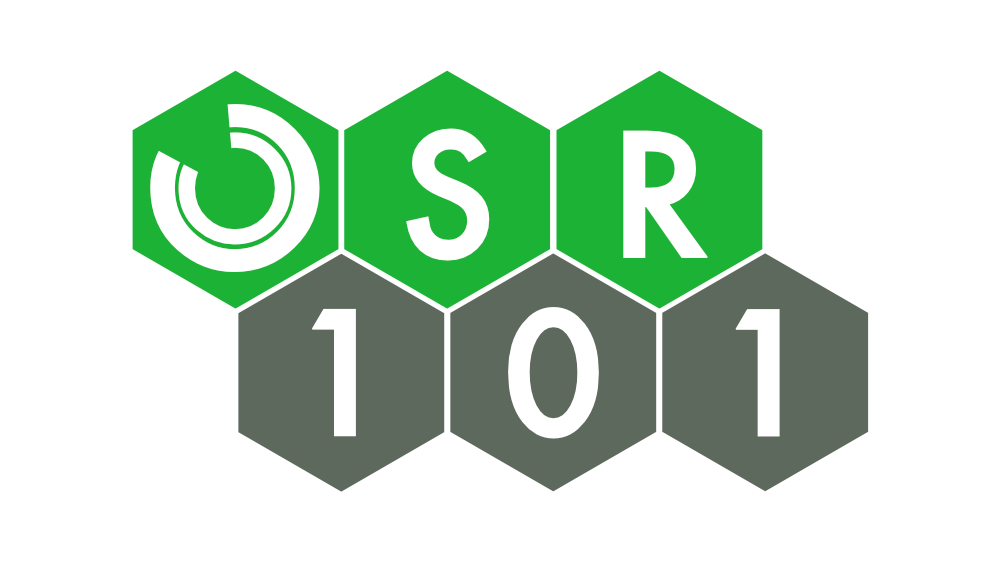Over the last couple of years, a number of people at the Ludwig Maximilian University of Munich have relentlessly (in a good way) been pushing open science efforts. Be it in the form of incorporating open science badges, signing open initiatives, or the foundation of an Open Science Committee at LMU, there has been a lot of activity in a very desireable direction.
These activities have finally led to an even more manifest joint effort, the foundation of the Open Science Center at LMU. We had the great pleasure to talk to Anne-Laure Boulesteix and Felix Schönbrodt about how the foundation came about, its self-conception, its mission and the services it can offer to researchers at the LMU and maybe even beyond.
Enjoy!
If you’ve been listening to us for a while you have probably already heard about Felix Schönbrodt, as we have mentioned him in a number of episodes talking about projects he was involved in and a number of talks, e.g. his lighting talk at the 2016 Barcamp Science 2.0 or his recent talk at the Open Science Conference 2018. Felix is a principal investigator for Psychological Methods and Assessment at the Department of Psychology, and moreover, he is an absolute Open Science enthusiast.
As we mentioned in our wrap-up episode for this year’s Barcamp Open Science and Open Science Conference, we found Felix’s conference talk really insightful, so it is our pleasure to provide it to you with kind permission from Felix and hope that you find it equally enlightening and motivating.
If you wanna closely follow his presentation including his slides, please use the video embedded into the blogpost for this episode or his slides linked in they the Open Science Conference programme.
Enjoy!
As you have recognized, Open Science Radio was again attending the Barcamp Open Science as well as the Open Science Conference. This episode is a wrap-up of the 2018 run of those two (related) events, again together with Guido Scherp, one of the organizers (you’ll know him by now). Guido is providing his impressions from the two events, we share ours and discuss a few things in general, as well as a few of the talks in more detail.
And now, have fun!
OpenAIRE supports the European Commission’s Open Data Pilot. At the Open Science Conference poster session, Ellen Leenarts from OpenAIRE-Advance gave us a bit more insight in their survey about how the data management plan requirements in H2020 (PDF) are perceived by researchers and research supporters.
As the amounts of research data are ever-growing and data value becomes even more important with respect to data sharing and reuse, the organization and management of data is an incredible important task. The Research Data Management Organiser (RDMO) is a tool developed to solve this task, enabling researchers to plan and manage their research data across the entire research data life cycle. Jochen Klar from the Leibniz Institute for Astrophysics Potsdam (AIP) told us more about it at the Open Science Conference poster session.
According to dictionaries „101“ refers to introductory lessons or beginners overview or tutorials. Over the course of this podcast we already have taken this approach a couple of time (e.g. on Open Access). But as technology and processes develop, might be useful to do this again from time to time. This time we want to take a brief look at the whole research cycle and try to provide a bit of information about a few general entry points for doing research more openly. This 101 is by far not exhaustive and makes no claim to be complete, but our aim was to show you some starting points from where you could dive deeper into the matter if you like. Have fun!
